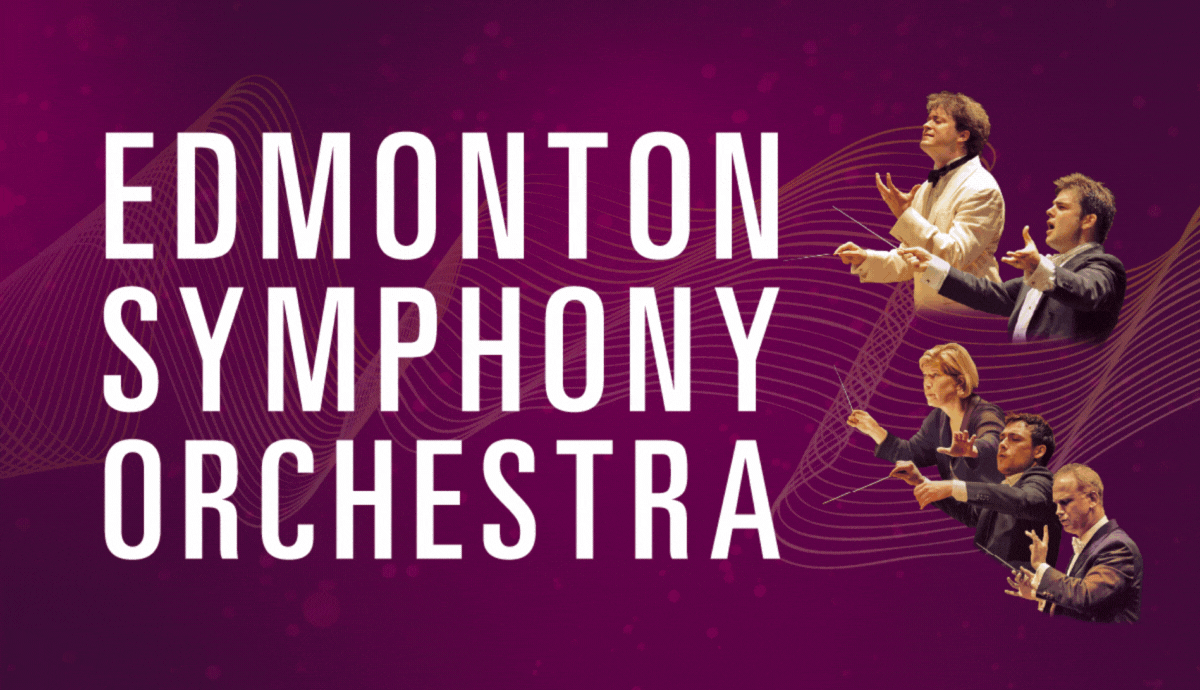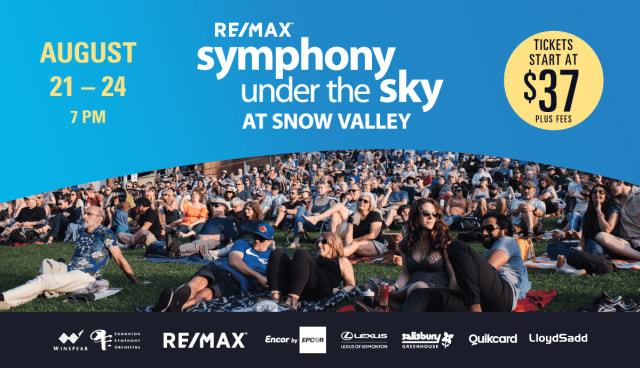Musical Moment: Jalousie
September 23, 2021

ESO Assistant Conductor Cosette Justo Valdés
Image credit: Dale MacMillanAny connoisseur will tell you that if it’s not from the Champagne valley in France, it’s not champagne. It’s “just” sparkling white wine. If you feel the same way about your tangos, then one of the most famous ever written doesn’t qualify, either.
On October 7, 8 and 9, ESO Assistant Conductor Cosette Justo Valdés reaches into the treasure trove of music she knows so well – a program of music with roots in Spanish-speaking nations called Tangos, Romance, and Jealousy. Composers from Argentina, Mexico, Cuba, Uruguay, and, of course Spain itself, are represented. There will be melodies you’ve probably never heard alongside some famous and favourite pieces. Among the latter is Jalousie, composed in 1926, which has gone on to become one of the most often-performed and recorded tangos ever written. Or is it? Copenhagen, after all, is a long way from the streets of Buenos Aires.
Jacob Gade knew he wanted to be a musician from an early age. He demonstrated skill on the trumpet by age nine, and soon took up the violin. His dream was to become a conductor and composer. Yet despite his obvious early talent, it wasn’t easy, and there are stories of him sleeping in doorways in Copenhagen as a student. At the time, the waltzes of Johann Strauss Jr. were everywhere, and he decided that was where is future lay.
But he started with other, more rustic dances, inspired by his own cultural roots – polkas and other folk dances. His first “hit” was a song he wrote in 1900; it got him noticed, and soon he was both conducting and writing for orchestras accompanying silent films. He wrote prolifically, and published songs and dances under a wide variety of pen names. By this time, his work in films had made him a versatile musician – the need to adapt to a wide range of moods, cinematic situations, and even nationalities seemed perfectly suited to his cosmopolitan outlook.
And so it was that the 1925 American film Don Q, Son of Zorro, starring Douglas Fairbanks Jr. arrived in Denmark. For it, Gade composed music for a dance sequence – a tango he called Jalousie. It took the world by storm, and at its height, it was said that the song was heard on radio worldwide at least once every minute.
In 1935, Arthur Fiedler, a man widely credited for re-inventing orchestral pops programming, recorded a version of the song for his orchestra, the Boston Pops. So an Argentine dance form, in the hands of a Danish composer, written for an American film, was turned into a major hit by the son of Austrian-Jewish immigrants to the U.S. Is it champagne? Who cares? As Cosette Justo Valdés is so fond of pointing out herself, music’s ability to transcend borders is one of its greatest strengths, its greatest beauties.
Hear Jalousie and many other works full of Latin passion and fire, performed by the ESO in October.
- D.T. Baker


